😵💫 Treating Hangover with TCM
It's a new year! I hope you didn't drink too much champagne during your New Year's Eve celebration.
Let's talk about some remedies for drunkenness and hangover in Chinese medicine. We'll include acupuncture, herbs, and food therapy...
📍Acupuncture to Alleviate Drunkenness
This isn't quite the same as curing hangover, but if you're still in the midst of drunkenness, the point DU-25 may be effective at reducing alcohol intoxication.
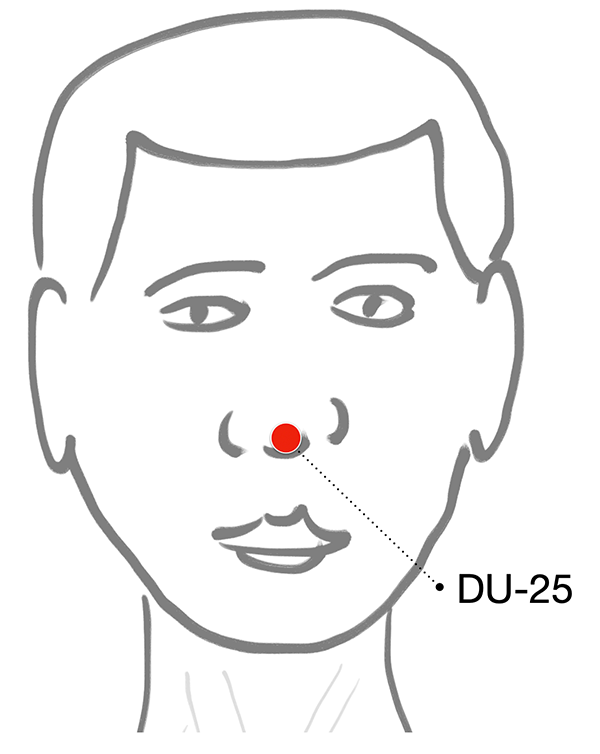
The commentary in A Manual of Acupuncture explains:
In recent times this point has been found to be effective in reducing alcohol intoxication by redirecting the route of elimination from the liver to the lung and thereby increasing the volume of alcohol present in the expired air.
So this would give your body another way to get the alcohol out of your system. But if it's coming out through the exhaled air, it's probably not a good idea to use this point if you plan on taking a breathalyzer test.
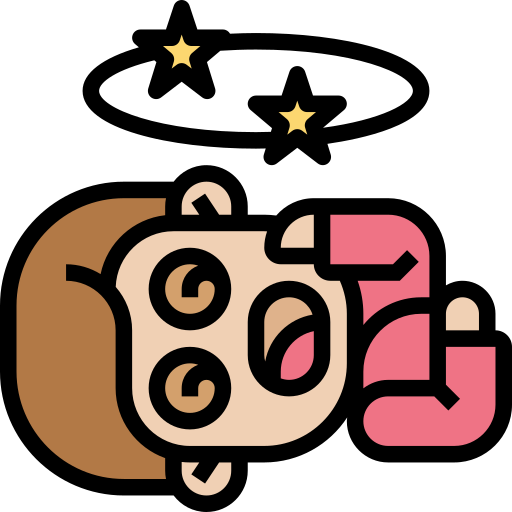
It goes on to say that recent research has shown that DU-25 is actually more effective than DU-26 at restoring consciousness, even though DU-26 is traditionally considered the command point for resuscitation.
(I wonder how they conducted that research...)
So if you're drunk and passing out, consider DU-25.

🍵 Herbal Formula for Hangover
But it turns out that drunkenness and hangover isn't just a modern problem. Cures for hangover were being discussed as far back as the 13th century.
In the Pí Wèi Lùn (Spleen-Stomach Treatise), Li Dong-Yuan gives a formula for treating hangover: Ge Hua Jie Cheng San (kudzu flower relieve hangover powder).
👉 Click here to see the formula and ingredients on American Dragon

This formula looks a lot like Liu Jun Zi Tang (six-gentlemen decoction), but the chief herb is Ge Hua (kudzu flower), which relieves symptoms of hangover.
(In herbology class we usually learn Ge Gen, kudzu root. This is the flower of that plant.)
In the text, Li Dong-Yuan presented this as a formula for treating alcohol toxicity. At the time, many physicians would treat this through purging (e.g. Da Huang), but Li thought it was better get rid of the alcohol by inducing sweating above and draining dampness below.
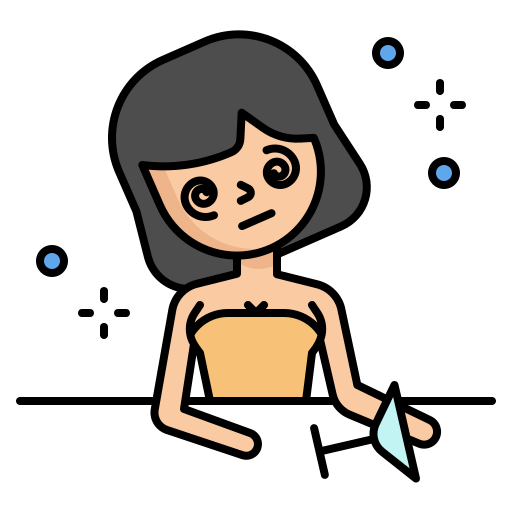
Modern physicians will use this formula for both one-time instances of too much alcohol resulting in hangover, as well as for chronic alcohol consumption leading to damp-heat.
🍲 Food Therapy Hangover
If kudzu flower is too hard to find, you can also use simpler ingredients to make a soup.
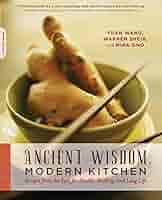
Ancient Wisdom Modern Kitchen has a recipe called "What-To-Do-For-A-Hangover Soup".
The ingredients are pretty simple:
- 1/2 cup mung bean
- 1 tablespoon wakame seaweed
- 4 cups water
- 2 teaspoons soy sauce
You basically combine the beans, seaweed, and water, and simmer it for an hour. When it's ready, add the soy sauce.
(They also say you can use miso paste instead of soy sauce.)
Mung bean is Lu Dou from the Heat Toxicity category. It clears heat and promotes urination. It was also used for heat generated by toxic metals (back when they were drinking mercury) and to treat toxicity of other herbs (like Fu Zi).
Seaweed transforms phlegm and also promotes urination.
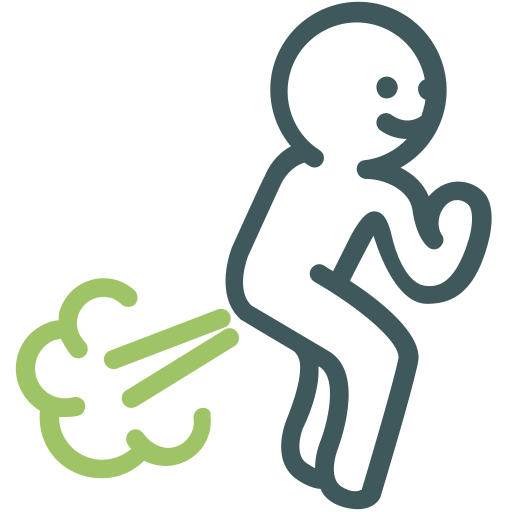
Besides the TCM applications, there's another reason it's a good idea to add some seaweed to your bean dishes. Seaweed has an enzyme that breaks down raffinose, which is the indigestible sugar in beans that causes gas. So adding the seaweed can also prevent the gas from eating a lot of beans.
If you have some extra dampness that needs draining, I've also made this same recipe and added in adzuki beans (chi xiao dou). These come from the Drain Dampness category and are also good for dampness and heat.
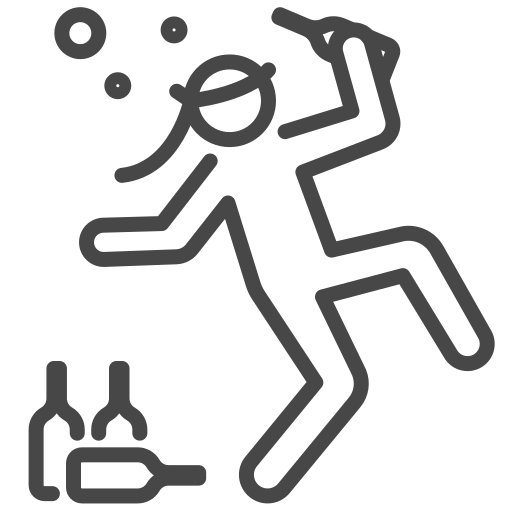
So I hope that gives you some ideas of how to deal with too much alcohol!
